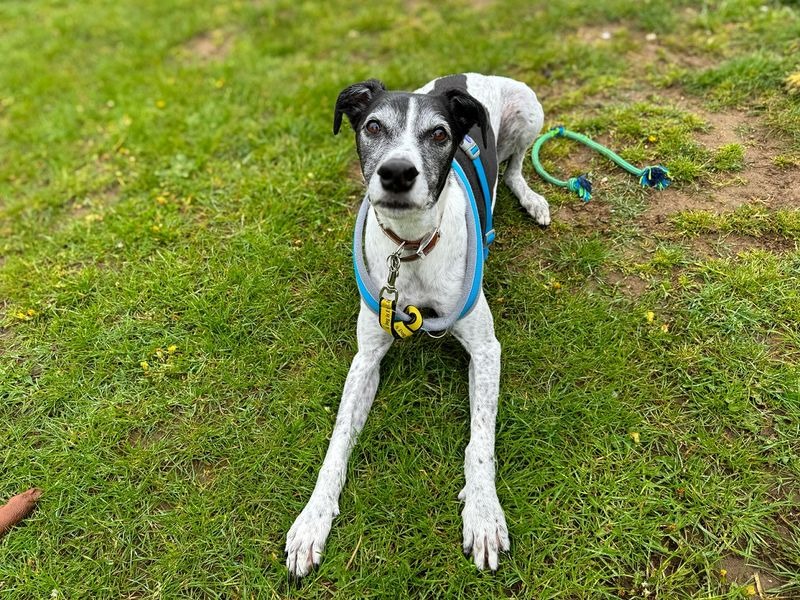
The Unique Charm of Pomeranians
Pomeranians are not just ordinary dogs; they are vibrant, lively, and possess big personalities despite their small size. This breed surprises first-time owners with its spunky nature and playful antics. Their affectionate and loyal demeanor makes them wonderful companions, but it's this same loyalty that can lead to overprotectiveness if not managed properly. Understanding their temperament is the first step in successful training.
Why Early Socialization is Key
Socialization is crucial for Pomeranians. By exposing your puppy to different environments, people, and animals early on, you can foster a well-rounded adult dog. This process is ideally started between three to sixteen weeks when the puppies are most impressionable. A study published in the Journal of Veterinary Behavior highlighted that social puppies develop fewer issues later in life, including anxiety and excessive barking. Regular interactions help them feel secure and less threatened by new experiences, leading to a more confident Pomeranian.
Training Their High Intelligence
Pomeranians score significantly higher than average when it comes to intelligence, ranking 28th among dog breeds regarding obedience. To take advantage of this trait, short training sessions are ideal. Aim for 5-10 minute intervals multiple times throughout the day, ensuring you include a variety of commands and activities to keep their interest. Incorporate puzzle toys to stimulate their minds and prevent boredom, which can lead to destructive behaviors. Keeping training dynamic helps maintain motivation and enthusiasm.
Addressing Energy Levels Wisely
Despite their diminutive stature, Pomeranians are ball of energy. To cater to their active nature, ensure you incorporate plenty of physical activities into their daily routine. Short walks, playtime with toys, and simple agility exercises work wonders for their physical and mental stimulation. Remember that a tired Pomeranian is less likely to partake in unwanted behaviors, like excessive barking or digging.
Common Training Challenges and Solutions
As with any breed, training Pomeranians comes with its unique set of challenges. One frequently noted issue is barking. This behavior is often overlooked but can become a serious problem if left unchecked. To address this, try redirecting their barking with positive reinforcement when they stop barking at a command. Consistency is key. When you notice barking start, say a consistent word like “quiet” and reward them when they comply. With time, patience, and positive reinforcement, your Pomeranian will learn when barking is appropriate.
Celebrating Small Victories
Training should be a joyful experience for you and your Pomeranian. Celebrate the small victories, no matter how minor they may seem. Every time your pup listens and follows a command, it is a step toward achieving a better-behaved pet. Make training time fun and offer lots of praise alongside treats for good behavior. Positive reinforcement promotes a strong bond and encourages them to continue engaging with training.
Being aware of these powerful insights can genuinely transform your relationship with your Pomeranian. By understanding their needs, socialization, and traits, you can train them successfully. Remember to appreciate their unique personality and enjoy the journey together.
So, are you ready to embark on the training adventure with your Pomeranian? The journey of shaping a well-mannered companion starts today!
 Add Row
Add Row  Add
Add 




Write A Comment